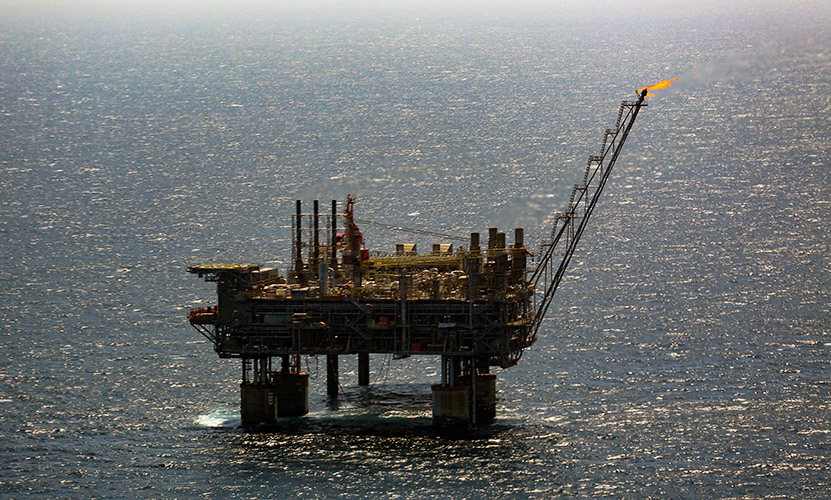Philippines Bets on Homegrown Gas to Secure Energy Future
- April 7, 2025
- 0

The Philippines is pushing for energy independence by prioritizing homegrown natural gas, following the release of the implementing rules and regulations (IRR) of the Philippine Natural Gas Industry Development Act. The new rules emphasize using local gas over imports to reduce reliance on global markets.
The Department of Energy (DOE) released the IRR under Department Circular No. 2025-04-0005, outlining a framework to enhance local gas production. The core goal is to prioritize indigenous natural gas from Philippine fields, reducing dependency on imported liquefied natural gas (LNG) and stabilizing energy supply amid volatile global markets.
The IRR also supports the aggregation of local and imported gas to ensure consistent supply and manage pricing effectively. A minimum indigenous component will be required in gas blends to support this strategy.
The DOE is also working to position the Philippines as a regional LNG trading hub. The IRR aims to streamline permitting processes for LNG storage, regasification terminals, transmission pipelines, and distribution systems, with strict safety and environmental standards to attract private investment.
In addition, the rules mandate priority dispatch of indigenous gas, including for gas-fired power plants. This prioritization aligns with the State’s policy of energy security and consumer welfare. Power generated from local gas will take precedence over conventional energy sources, promoting consistent and reliable energy access.
The DOE will enforce transparent and non-discriminatory practices for indigenous gas suppliers and aggregators, ensuring fair access to natural gas through various contractual arrangements. The aim is to optimize the utilization of domestic gas in power generation and distribution while also providing incentives for downstream natural gas facilities under the Strategic Investment Priority Plan (SIPP).
The new regulations also include tax incentives, exempting the sale of indigenous natural gas and the power it generates from value-added tax (VAT). This exemption will apply to the portion of gas derived from local sources within blended gas products.
President Ferdinand R. Marcos Jr. signed the Philippine Natural Gas Industry Development Act in January, reinforcing the country’s commitment to a cost-effective and stable energy future. By supporting local gas production and creating a more flexible energy mix, the DOE is setting the stage for a more resilient and independent energy sector.
Follow Power Philippines on Facebook and LinkedIn for more updates.